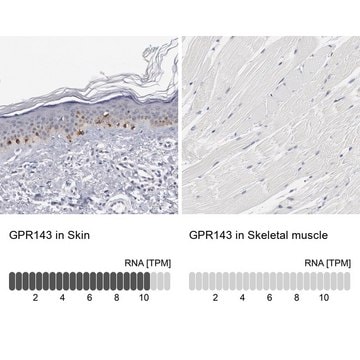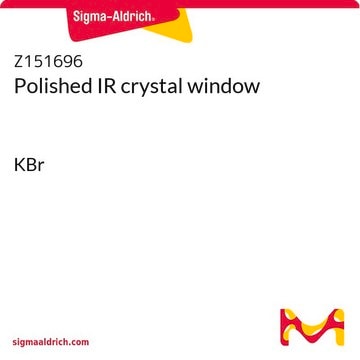ZMS1096
Anti-Sulfotyrosine Antibody, clone Sulfo-1C-A2 ZooMAb® Mouse Monoclonal

recombinant, expressed in HEK 293 cells
About This Item
Productos recomendados
biological source
mouse
Quality Level
recombinant
expressed in HEK 293 cells
conjugate
unconjugated
antibody form
purified antibody
antibody product type
primary antibodies
clone
Sulfo-1C-A2, recombinant monoclonal
product line
ZooMAb® learn more
form
lyophilized
mol wt
calculated mol wt 55 kDa
observed mol wt ~55 kDa
purified by
using protein G
species reactivity
human
packaging
antibody small pack of 25 μL
greener alternative product characteristics
Waste Prevention
Designing Safer Chemicals
Design for Energy Efficiency
Learn more about the Principles of Green Chemistry.
enhanced validation
recombinant expression
Learn more about Antibody Enhanced Validation
sustainability
Greener Alternative Product
technique(s)
immunocytochemistry: suitable
immunohistochemistry (formalin-fixed, paraffin-embedded sections): suitable
western blot: suitable
isotype
IgG2aκ
epitope sequence
Unknown
Protein ID accession no.
UniProt accession no.
greener alternative category
, Aligned
shipped in
ambient
storage temp.
2-8°C
target post-translational modification
unmodified
General description
Specificity
Immunogen
Application
Evaluated by Western Blotting with Bovine Fibrinogen.
Western Blotting Analysis (WB): A 1:1,000 dilution of this antibody detected Sulfotyrosine in Bovine Fibrinogen, but not in Fibrinogen treated with Sodium Acetate and Abalone Sulfatase.
Tested applications
Immunohistochemistry (Paraffin) Analysis: A 1:100 dilution from a representative lot detected Sulfotyrosine in human kidney tissue sections.
Immunocytochemistry Analysis: A 1:1,000 dilution from a representative lo detected Sulfotyrosine in Human umbilical vein endothelial cells.
Note: Actual optimal working dilutions must be determined by end user as specimens, and experimental conditions may vary with the end user
Target description
Physical form
Reconstitution
Storage and Stability
Legal Information
Disclaimer
¿No encuentra el producto adecuado?
Pruebe nuestro Herramienta de selección de productos.
Storage Class
11 - Combustible Solids
wgk_germany
WGK 1
flash_point_f
Not applicable
flash_point_c
Not applicable
Certificados de análisis (COA)
Busque Certificados de análisis (COA) introduciendo el número de lote del producto. Los números de lote se encuentran en la etiqueta del producto después de las palabras «Lot» o «Batch»
¿Ya tiene este producto?
Encuentre la documentación para los productos que ha comprado recientemente en la Biblioteca de documentos.
Artículos
Learn more about the amino acid L-Tyrosine and explore how it is used in cell culture media like MEM, DMEM, and RPMI. We offer a comprehensive portfolio of amino acid cell culture supplements and reagents.
Learn more about the amino acid L-Tyrosine and explore how it is used in cell culture media like MEM, DMEM, and RPMI. We offer a comprehensive portfolio of amino acid cell culture supplements and reagents.
Learn more about the amino acid L-Tyrosine and explore how it is used in cell culture media like MEM, DMEM, and RPMI. We offer a comprehensive portfolio of amino acid cell culture supplements and reagents.
Learn more about the amino acid L-Tyrosine and explore how it is used in cell culture media like MEM, DMEM, and RPMI. We offer a comprehensive portfolio of amino acid cell culture supplements and reagents.
Nuestro equipo de científicos tiene experiencia en todas las áreas de investigación: Ciencias de la vida, Ciencia de los materiales, Síntesis química, Cromatografía, Analítica y muchas otras.
Póngase en contacto con el Servicio técnico








